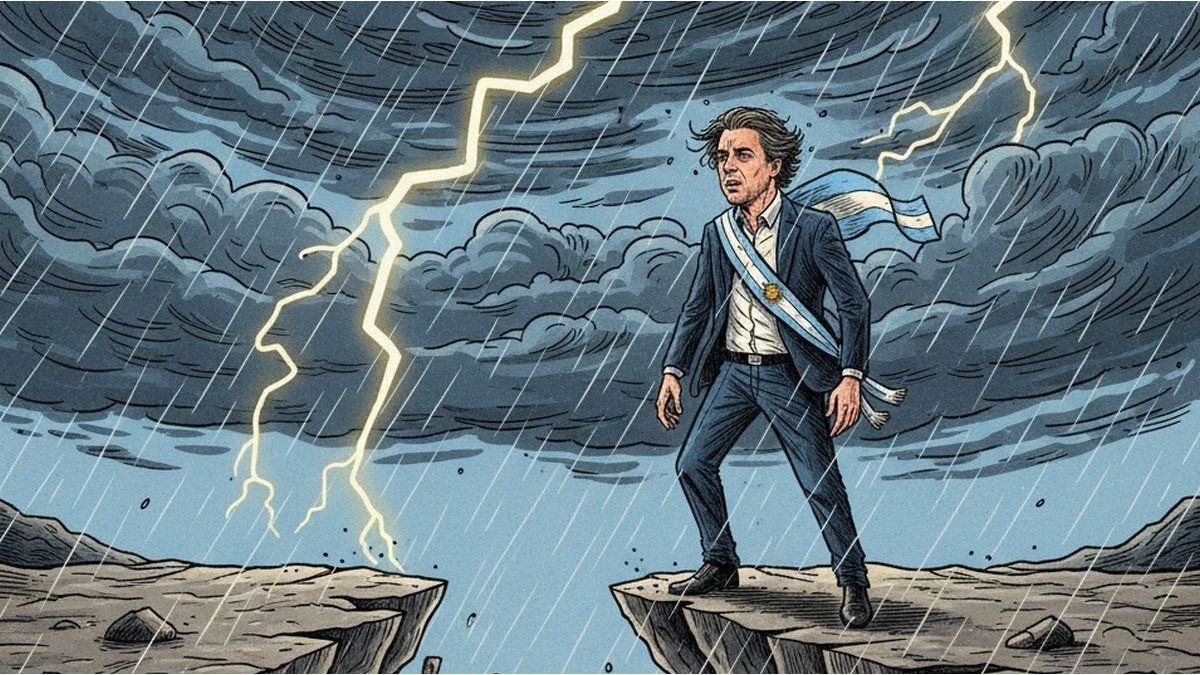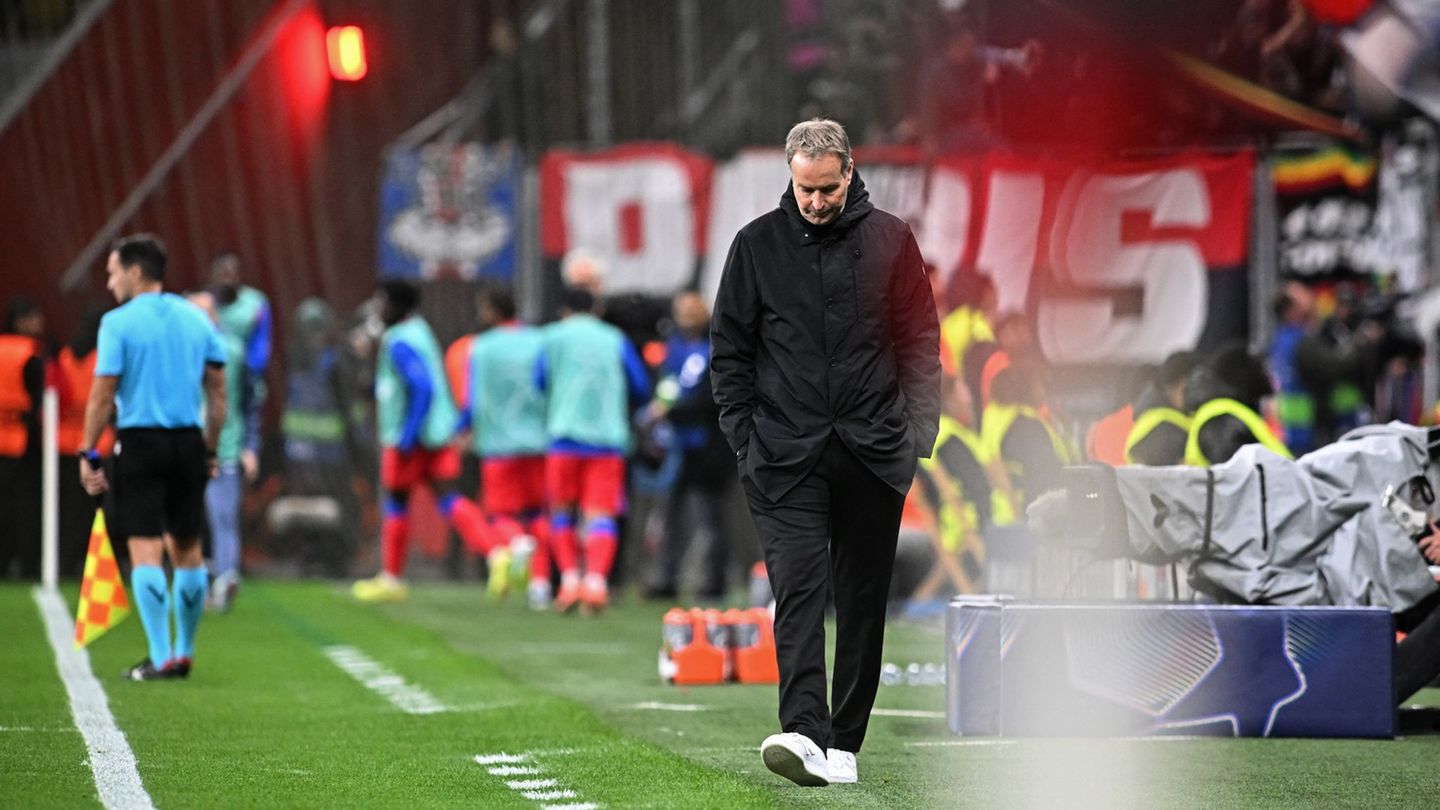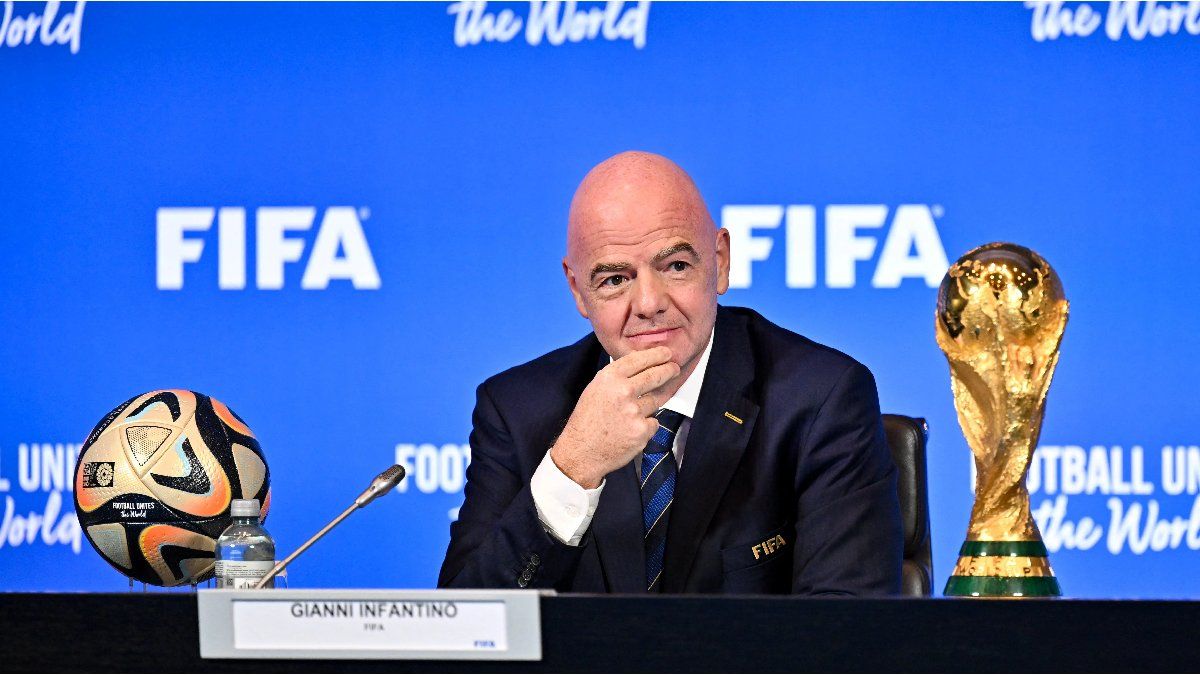October usually marks the tragic turns of the Argentine economy. In 2001, the government of Fernando de la Rúa lost the legislative elections and with them the last political support for convertibility. 24 years later, in October 2025, the government of Javier Milei He reaches the polls in circumstances that evoke that prelude to the collapse. The parallels are not just symbolic; The combination of extreme fiscal adjustment, conditional external financing and deterioration in governance composes a comparable systemic risk scenario.
The recent currency swap for 20 billion dollars between the United States Treasury and the Central Bank of the Argentine Republic (BCRA), accompanied by a additional package of financial assistance to the private sector for another 20 billion (Bausili, 2025; Bessent, 2025), refers to the financial shield that in 2001 preceded the collapse of the convertibility regime. In both cases, external credit appears as a temporary palliative for an economy in recession and with limited capacity to generate its own currency.
The mirror of 2001: zero deficit, infinite debt
October 2001 reported an economy in depression; 10.4% year-on-year drop in industrial production, loss of 1,200 million pesos in deposits in just two weeks, and a GDP that fell 2.3% annually
The “zero deficit” plan promoted by Domingo Cavallo sought to sustain the confidence of the markets, but it turned out to be politically unviable after the electoral defeat. The opposition Congress, the rebellion of the governors and the prolonged recession eroded the capacity for fiscal execution and unleashed a banking crisis with no return.
The voluntary debt restructuring program, presented as a technical lifeline, ended up accelerating the flight of deposits and the breakdown of the trust contract that supported convertibility (Machinea, 2002). The sequence was clear: electoral loss, coalition breakup, bank run, default and devaluation.
The mirror of 2025: fiscal discipline, external dependence
In 2025, the Milei administration exhibits an apparently contained macroeconomy: monthly inflation of 2.1% in September and a year-on-year variation of 31.8%, according to the Central Bank of the Argentine Republic itself (BCRA, 2025).
However, this stability is sustained by a scheme of unprecedented fiscal austerity, a high real interest rate and an exchange rate anchor supported by the direct intervention of the US Treasury.
The dependence on external financing is reminiscent of the moments before the collapse of 2001. Then, the IMF’s “shield” of 40 billion dollars was exhausted in less than a year (Dornbusch & Edwards, 2001). Today, Washington’s combined assistance of the same amount -40 billion between swap and private package- conditions economic policy on geopolitical alignment and the continuity of adjustment after the elections.
Milei, like De la Rúa, faces a classic dilemma: the logic of the markets demands fiscal continuity; political logic demands social relief. History shows that no Argentine government has managed to reconcile both when external credit sets the pace of domestic power.
milei
President Javier MIlei will be in Santiago and Tucumán this Saturday but will return to Olivos at night.
The structural coincidences
The analogies between both episodes can be arranged in three dimensions:
- Financial: In 2001, the credit contraction and the fall in reserves precipitated the banking crisis; In 2025, the partial dollarization of the system and the arbitrage towards the financial dollar show contained tension.
- Fiscal: Cavallo’s adjustment (-13% in public salaries and pensions) finds its echo in Milei’s policy, which reduced real spending by more than 15% year-on-year during 2025 (INDEC, 2025).
- Policy: Both presidents entered the midterm elections with fractured coalitions and an adverse Senate. In 2001, Peronism blocked the zero deficit; In 2025, the governors and provincial blocs question the continuity of the “dollarized anchoring” program without salary recomposition or public works.
Beyond the technological or discursive differences – Cavallo spoke of “competitiveness”, Milei of “freedom” -, the institutional substrate is the same: a State without financial autonomydependent on decisions from Washington and speculative flows that, as in 2001, can be reversed in hours.
Discussion: the Argentine recurrence
Joseph Stiglitz (2003) warned that economies that adopt draconian adjustments without political support “end up paying twice as much; first with recession, then with social instability.” The mirror of 2001 suggests that the risk lies not only in the numbers, but in the simultaneous erosion of legitimacy and liquidity.
The current government is confident that explicit support from the United States will be enough to stabilize expectations. However, the experience of 2001 showed that external assistance without internal political anchor It does not avoid crises, it only postpones them. When society perceives that the cost of order falls on the middle and popular sectors, fiscal discipline becomes fuel for ungovernability.
Conclusion
Argentina faces, once again, a decisive October. If the ruling party loses the legislative elections of 2025, the country could relive a sequence of economic, social and political crises of comparable – or greater – magnitude to that of 2001. History teaches that Argentine crises are not repeated, they are amplified; The names change, but not the mechanisms.
Milei, like De la Rúa, has made fiscal balance his creed and external support his support. But popular legitimacy remains the only variable that cannot be imported. If electoral will fractures the framework of trust, neither Washington’s swaps nor promises of monetary discipline will be enough to stem the tide. October, again, threatens to remind Argentina that the economy also votes.
Director of the Esperanza Foundation and the consulting firm Hace.com.ar. Postgraduate professor at the University of Buenos Aires and private universities. He has a master’s degree in International Economic Policy, a doctorate in Political Science and is the author of six books.
Source: Ambito
David William is a talented author who has made a name for himself in the world of writing. He is a professional author who writes on a wide range of topics, from general interest to opinion news. David is currently working as a writer at 24 hours worlds where he brings his unique perspective and in-depth research to his articles, making them both informative and engaging.




